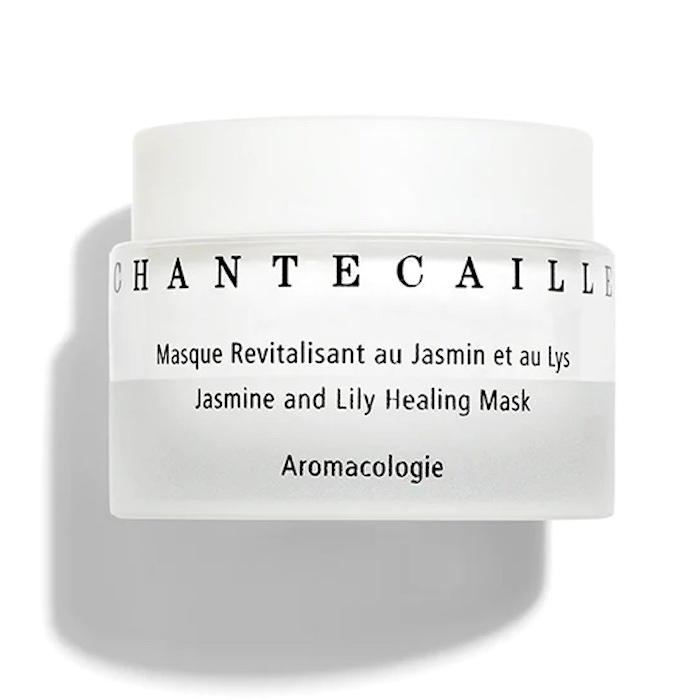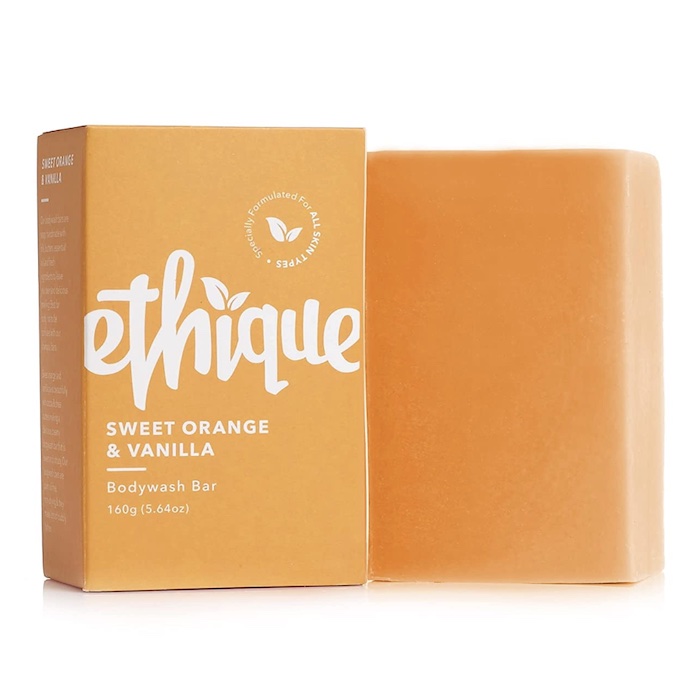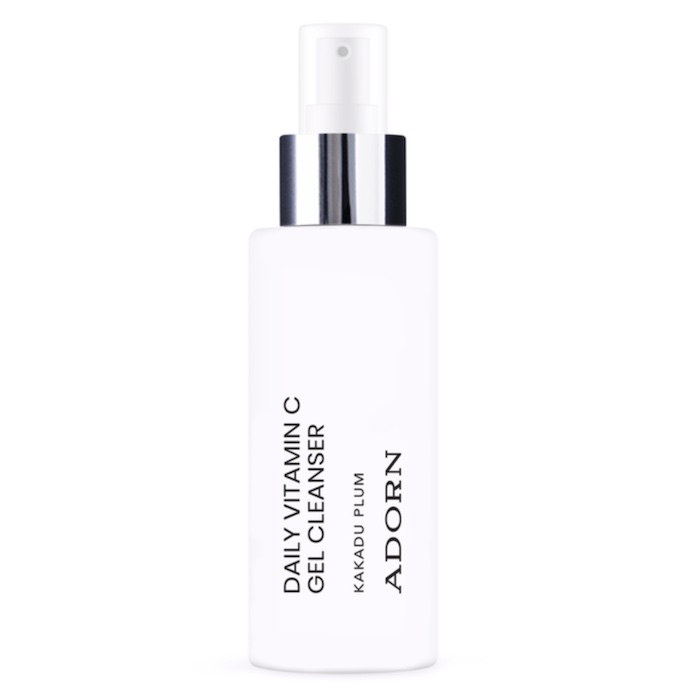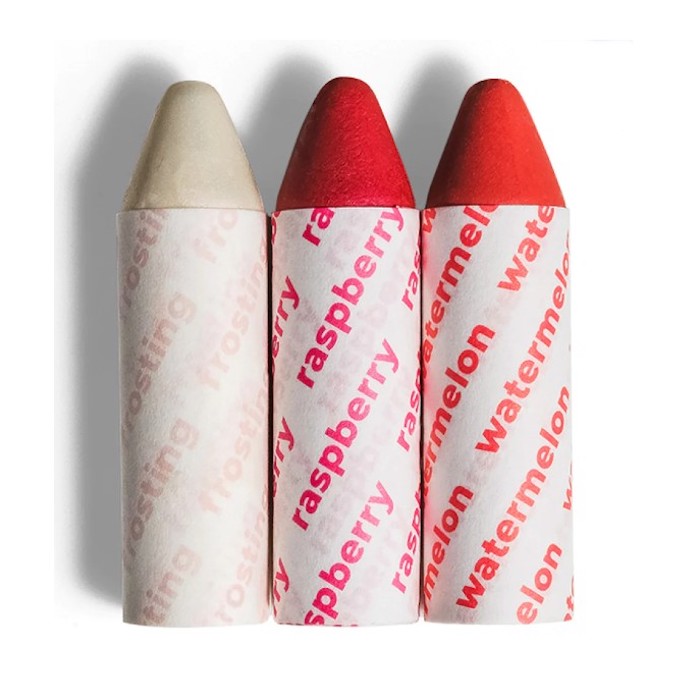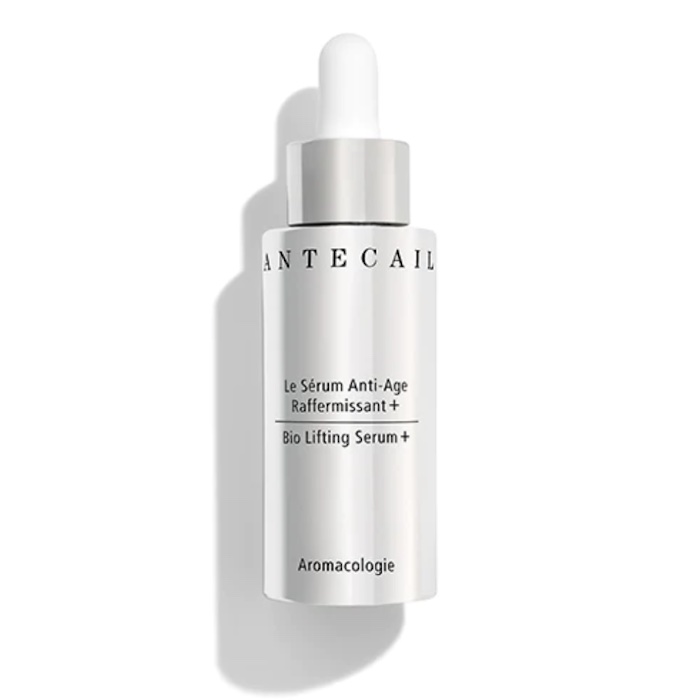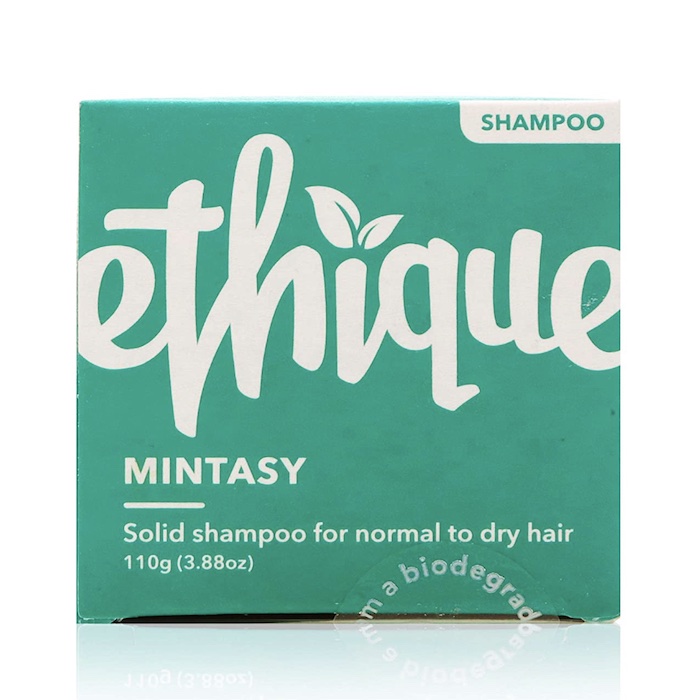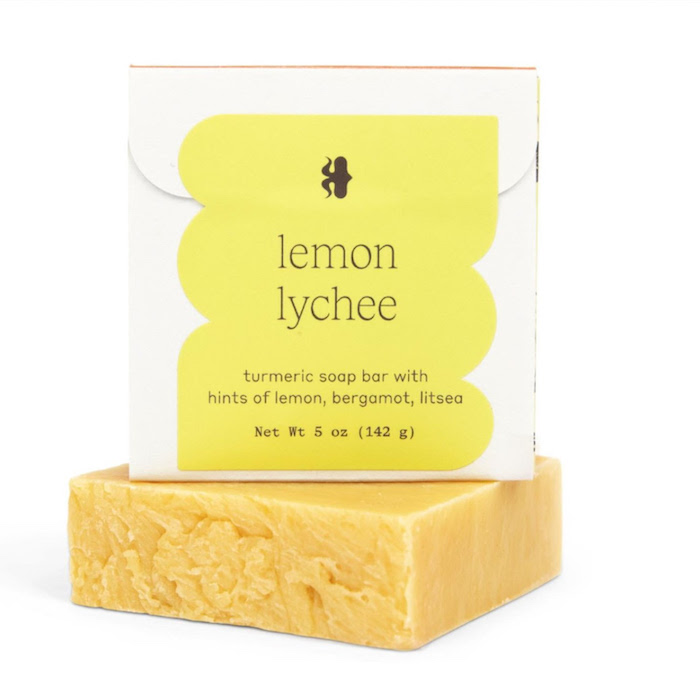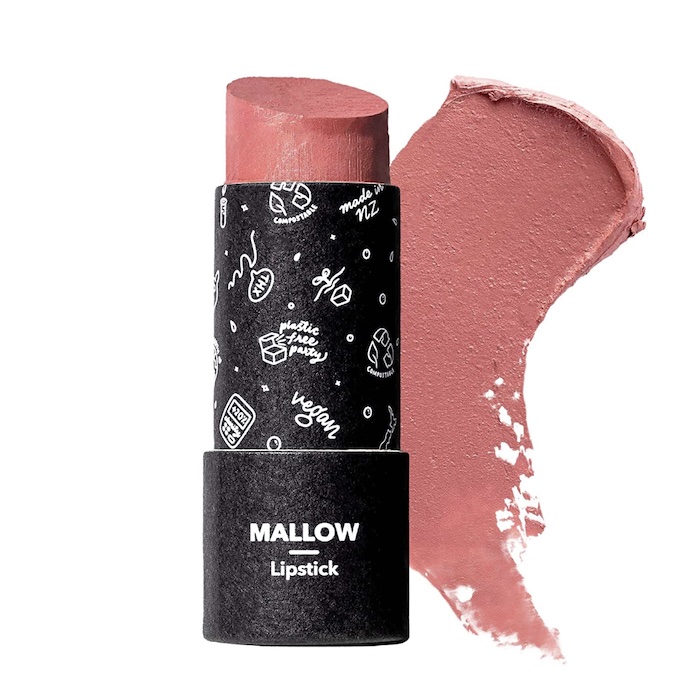Is Palm Oil in Your Favorite Skincare Products? Here's Why It's Controversial

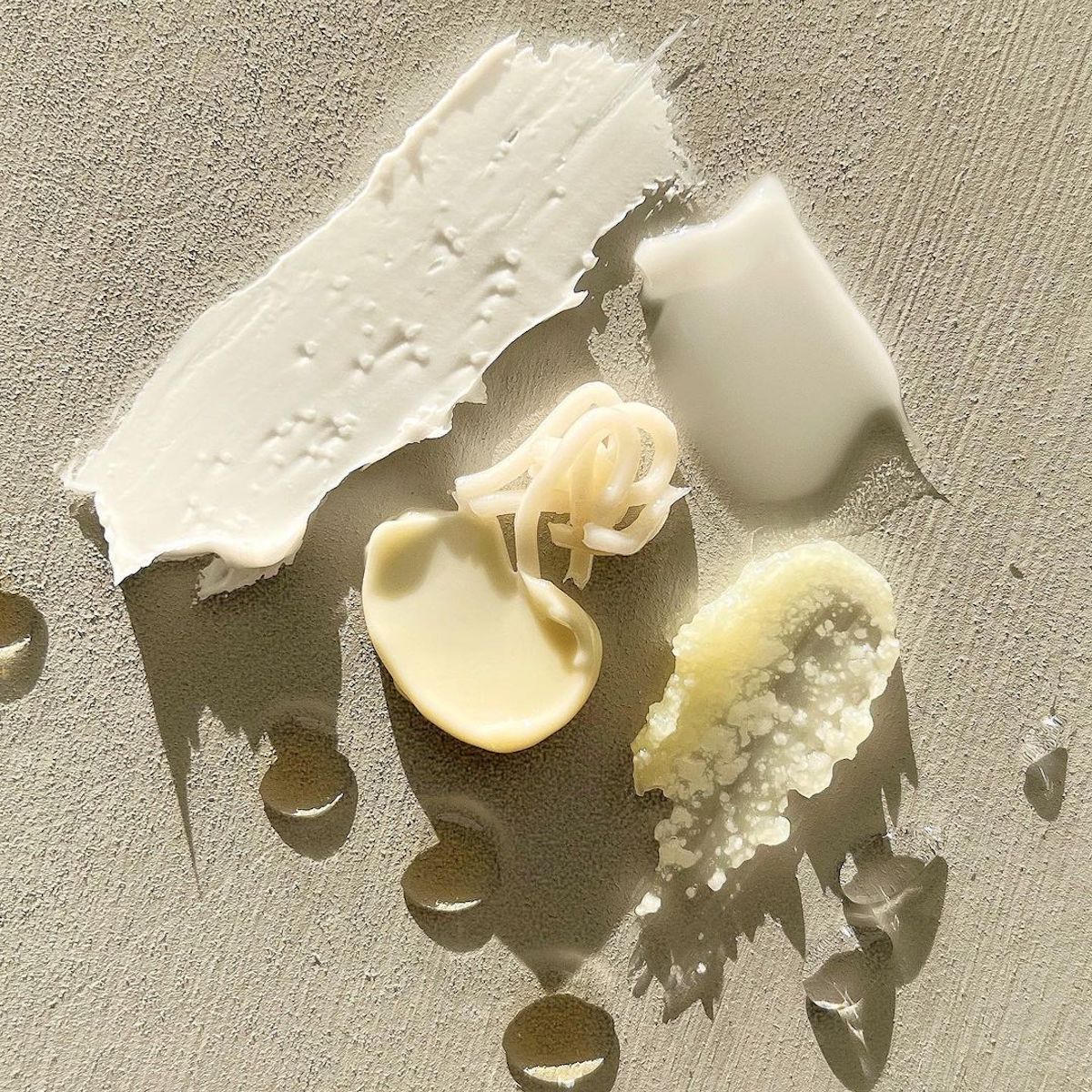
I think it's safe to say that we're all interested in becoming more informed and sustainably minded consumers. Sure, we love our beauty routines and all of the products that compose them, but we don't want them to come at the cost of the environment or our well-being. Admittedly, this is something of a catch-22, as the most environmentally friendly thing to do would be to not purchase any new products whatsoever. This, however, is oversimplified and unrealistic. After all, there are so many other aspects to consider. Things like skin health, self-care, tradition, and identity can all be wrapped up in one's beauty routine.
So, what can we do? We can start by learning more about the challenges we're facing and committing to shopping from sustainable brands. We can also learn more about common ingredients and their ecological effect. Take palm oil, for instance. This controversial ingredient has been popping up in discussions all across the internet, as consumers and beauty experts express concern. Ahead, one cosmetic chemist and one sustainability expert sound off.
What Is Palm Oil?

Palm oil is derived from the fruit of oil palm trees, which grow in regions around the equator. According to Krupa Koestline, Clean Cosmetic Chemist and Founder of KKT Consultants, "Palm oil is the most abundantly used oil in the world, in food as well as in the beauty sector. Its oil and fats can be used as they are in cosmetics, without further modification. But then thousands of other oil-derived materials can be produced from palm oil."
Lea d’Auriol is a Sustainability Expert and Founder of Oceanic Global. She says palm oil makes up a third of the global oil market and its ingredients are present in over 70% of cosmetics. "Palm oil is widely used as it is a super-effective crop," she explains. "It produces four times more vegetable oil per hectare than soybean oil and ten times more than coconut oil. It has a long shelf life, and is odorless and colorless so is widely used as it does not interfere with the product’s taste or smell. Palm oil is also relatively cheap with a high vitamin E content so commonly found in cosmetics."
What Is the Concern Surrounding It?
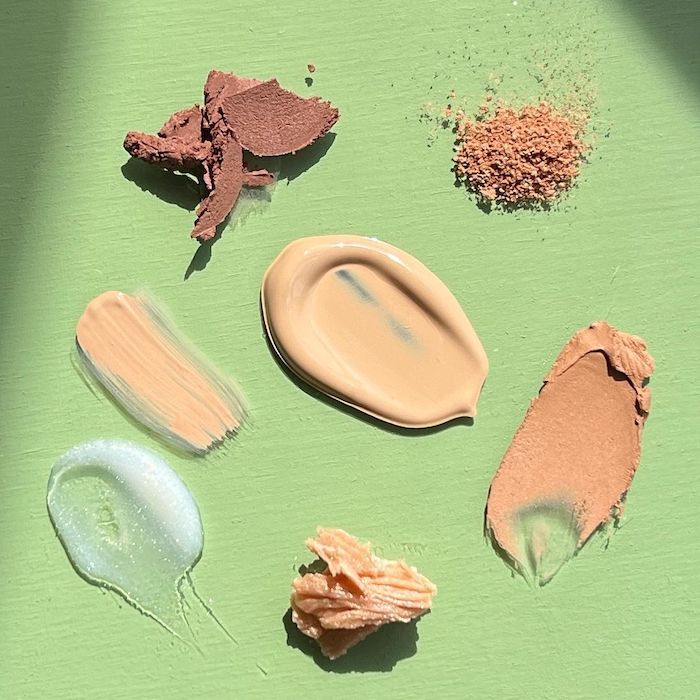
The problem with palm oil arises when we consider the effects of its production. "Palm oil is considered a miracle crop as it grows quickly and has many properties, but to grow palm oil, some of the world's most biodiverse natural forests are cut down," d'Auriol explains. "In the process of palm oil production, in addition to deforestation, wildlife is displaced and animal populations have gone extinct, local communities are displaced, and large amounts of CO2 are released into the atmosphere."
"To date, over 27 million hectares of forests have been cleared globally for palm oil plantations and in the last 20 years alone, palm oil production has led to the deaths of over 100,000 orangutans. Not only is palm oil extremely destructive to nature, but many indigenous groups have been displaced by palm oil developers and there are constant concerns related to human trafficking, forced labor, and child labor."
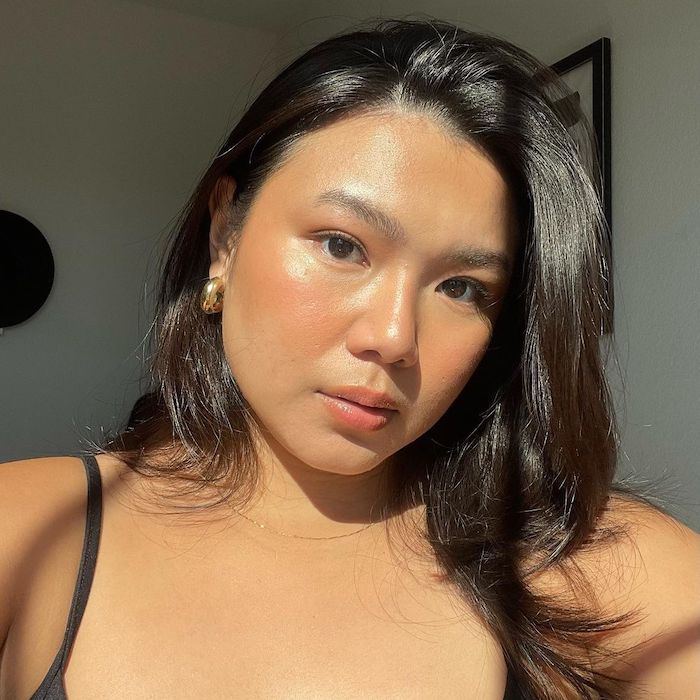
Clearly, the effects are severe and widespread. So, why is it so widely used? Well, there's the aforementioned fact that it grows quickly and often requires no further modification. There's also a cost factor. "Major distributors of cosmetics use palm oil due to its lower cost and stability," d'Auriol says. "Going palm oil free is key. While there are alternatives, such as coconut oil, it’s important to keep moderation in mind. Harvesting coconut oil has the potential to also become unsustainable if it were to completely replace a necessity like palm oil."
What Can We, as Consumers, Do?
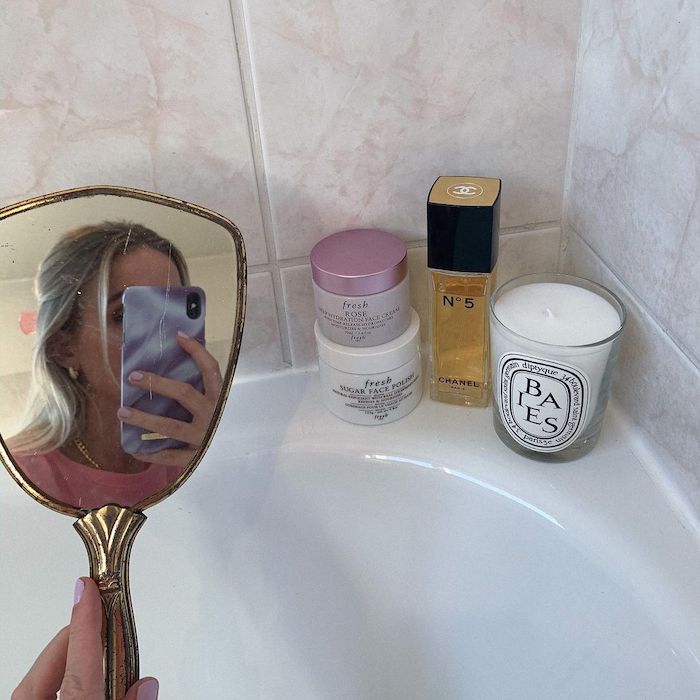
To make matters worse, it can be impossible to spot palm oil or one of its derivatives on an ingredient list. Take it from Koestline who says, "Fatty acids, fatty methyl esters, fatty alcohols, glycerin, etc. are the most common oleochemicals derived from palm oil. There are also oleochemical derivatives that are produced from further processing using techniques like ethoxylation, sulfation, and sulfonation, which produce thousands of other oleochemical derivatives. As you can imagine, at this point, there are tens of thousands of ingredients that the cosmetic industry uses that are all derived from palm oil."
None of these ingredients will be listed as palm oil, which means, in Koestline's words, "there is no way for an end consumer to avoid it." Instead, she recommends choosing "brands that pay attention to this issue and intentionally avoid palm—these are labeled as 'palm-free.'"
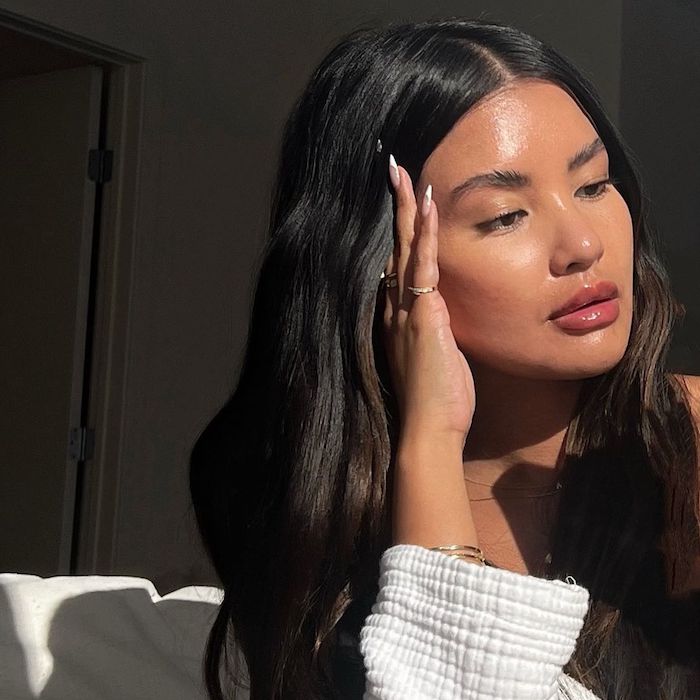
"I have successfully formulated palm-free formulas before," she says. "It is extremely difficult and challenging to find ingredients that are completely palm free. Even the most common emollients, surfactants, fatty alcohols, and emulsifiers are all palm derived. Palm alternatives are also quite cost prohibitive and can be costly for a new brand to go palm-free."
So, while avoiding palm oil products is an option, d'Auriol says "avoiding palm oil together also comes with the consequence of depriving thousands of farmers of their income. As consumers, we need to demand brands become ethical, source responsibly, and are transparent about their production and sourcing. We need brands to commit to purchasing sustainable, ethical palm oil or sourcing alternative oils."
Clearly, it's a complex issue and one that can't be solved by avoiding a certain brand or product. Palm oil permeates the beauty industry. That being said, there are some brands that have committed to going palm-free. If this interests you in your quest for a more sustainable beauty routine, keep scrolling to see a selection.
Shop Palm Oil Free Products
Next: The Proof Is in the Data: The World's 10 Favorite Beauty Brands
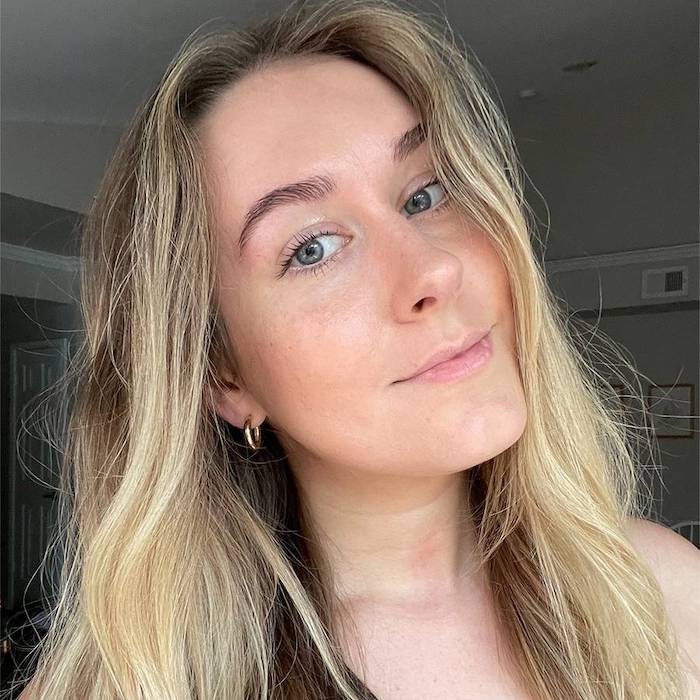
Kaitlyn McLintock is a Beauty Editor atBest Knockoff Luxury Clothing . She has 10 years of experience in the editorial industry, having previously written for other industry-leading publications, like Byrdie, InStyle, The Zoe Report, Bustle, and others. She covers all things beauty and wellness-related, but she has a special passion for creating skincare content (whether that's writing about an innovative in-office treatment, researching the benefits of a certain ingredient, or testing Wholesale Replica Bag and greatest at-home skin device). Having lived in Los Angeles, California, and Austin, Texas, she has since relocated back to her home state, Michigan. When she's not writing, researching, or testing beauty products, she's working through an ever-growing book collection or swimming in the Great Lakes.
